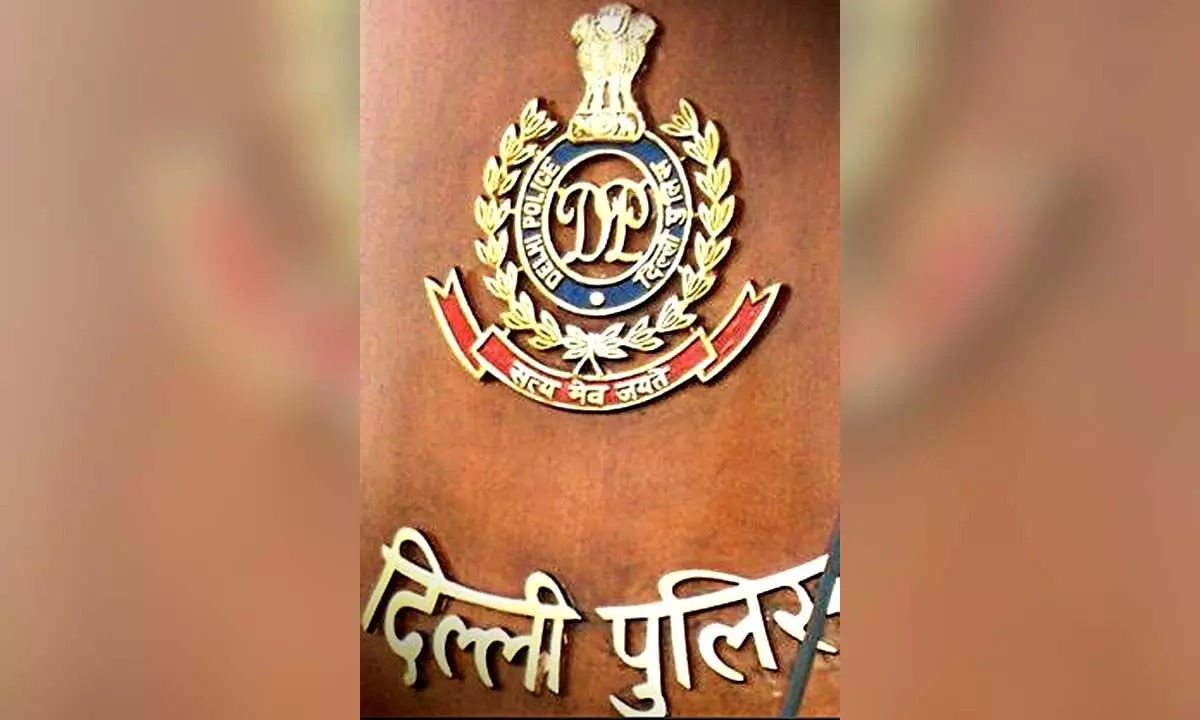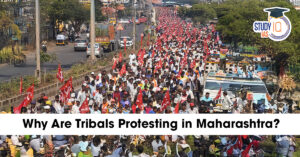Table of Contents
The Delhi government has taken a significant step towards promoting community-based policing by forming Thana Level Committees (TLCs) and District Level Committees (DLCs) across the national capital. These committees aim to enhance public trust, bridge communication gaps, and empower citizens to play an active role in maintaining law and order. This initiative marks a major reform in urban policing by encouraging collaboration between local stakeholders and law enforcement agencies.
What Are Thana Level Committees?
Thana Level Committees (TLCs) are constituted in every police station in Delhi and are designed to address everyday local issues. Each committee will have 15 members, including representatives from:
-
Resident Welfare Associations (RWAs)
-
Women’s organisations
-
Local traders’ associations
-
Community leaders
These committees are chaired by the local Member of Legislative Assembly (MLA) and function as the first point of contact between the public and the police.
Key Functions of Thana Level Committees:
-
Resolving neighbourhood issues such as thefts, local disputes, and traffic congestion.
-
Raising civic concerns including poor street lighting, lack of CCTV cameras, and unauthorised encroachments.
-
Spreading awareness about women’s safety, drug abuse, and cybercrimes.
-
Monitoring the responsiveness of the local police and ensuring accountability.
What Are District Level Committees?
District Level Committees (DLCs) operate at a higher level across all 15 districts of Delhi. These committees act as supervisory bodies for the Thana Level Committees and are chaired by local Members of Parliament (MPs).
Members of District Level Committees include:
-
MLAs from the district
-
Deputy Commissioners of Police (DCPs)
-
Senior district officials
-
Civil Society Organisation (CSO) representatives
Key Functions of District Level Committees:
-
Address broader policing issues that span across multiple police stations.
-
Coordinate efforts to maintain district-wide law and order.
-
Supervise the functioning and performance of the TLCs under their jurisdiction.
-
Discuss strategic issues like communal harmony, district-level crime trends, and policing reforms.
Impact of the Police-Public Committees in Delhi
The formation of these committees is a major shift towards inclusive governance and participatory policing. The benefits of the initiative include:
-
Empowering local citizens to engage directly with the police on safety and civic matters.
-
Building mutual trust between police officers and community members.
-
Improving responsiveness and accountability of the police force.
-
Encouraging residents to act as the “eyes and ears” of the police, thereby boosting intelligence gathering.
-
Making policing more humane, community-oriented, and proactive.
Suggestions for Improvement and National Replication
To ensure the long-term success and scalability of this model, the following suggestions have been proposed:
-
Amend State Police Acts across the country to give statutory backing to TLCs and DLCs.
-
Chairpersons (MLAs and MPs) should approve and monitor minutes of meetings to ensure transparency.
-
Regular meetings should be institutionalised with fixed schedules and actionable agendas.
-
Committees must adopt strict eligibility norms to prevent infiltration by undesirable elements.
-
Ensure gender diversity and social inclusivity while appointing members to reflect community interests.
Conclusion
The constitution of Thana Level and District Level Committees in Delhi is a progressive reform that seeks to democratize policing and make it citizen-centric. If implemented effectively, these committees can serve as a model for other Indian states, fostering a police force that is accountable, efficient, and truly connected with the communities it serves.


 Why Are Tribals Protesting in Maharashtr...
Why Are Tribals Protesting in Maharashtr...
 Rise in Southern States’ Share in Fund...
Rise in Southern States’ Share in Fund...
 Devnimori Relics of Lord Buddha in Sri L...
Devnimori Relics of Lord Buddha in Sri L...

























